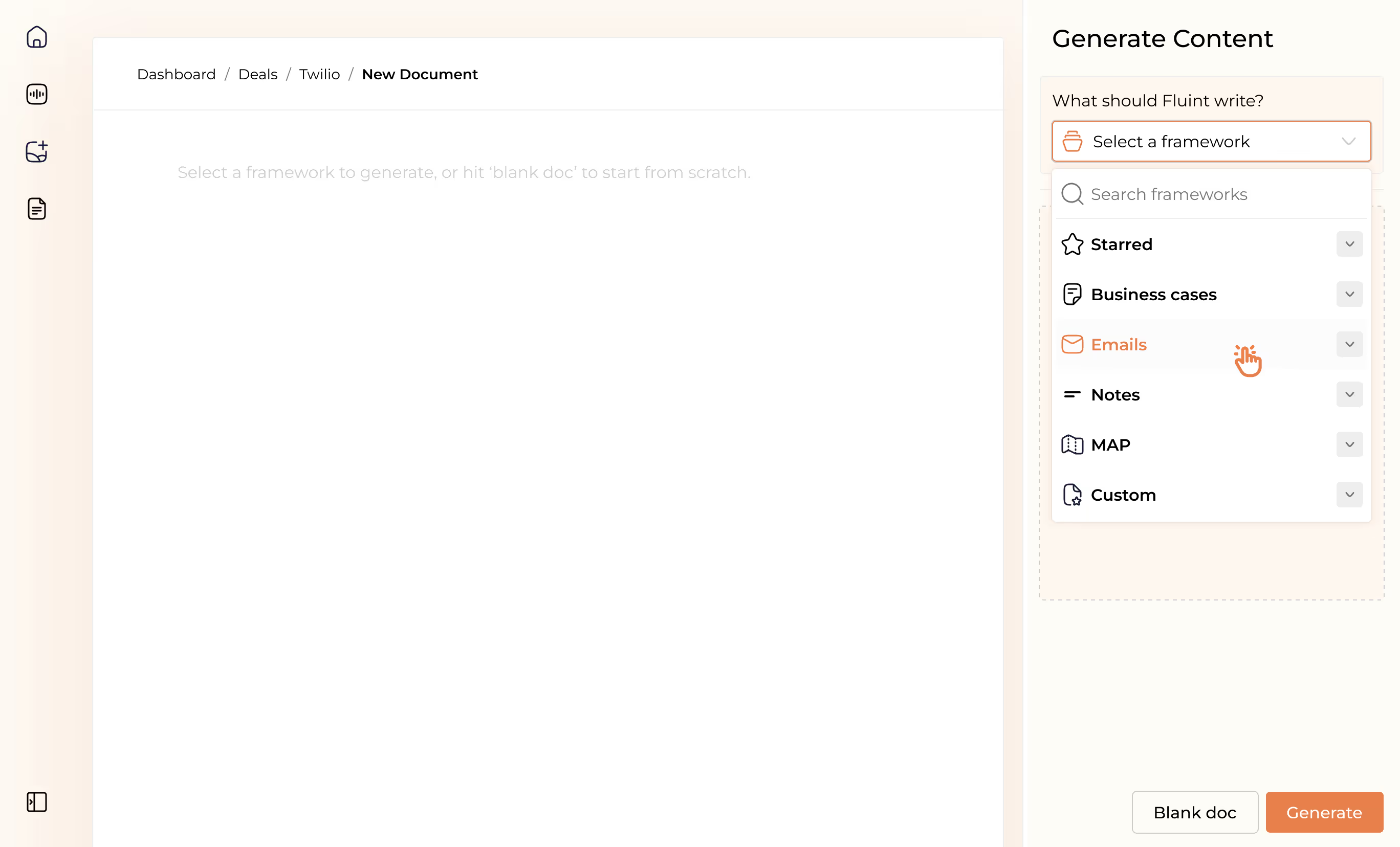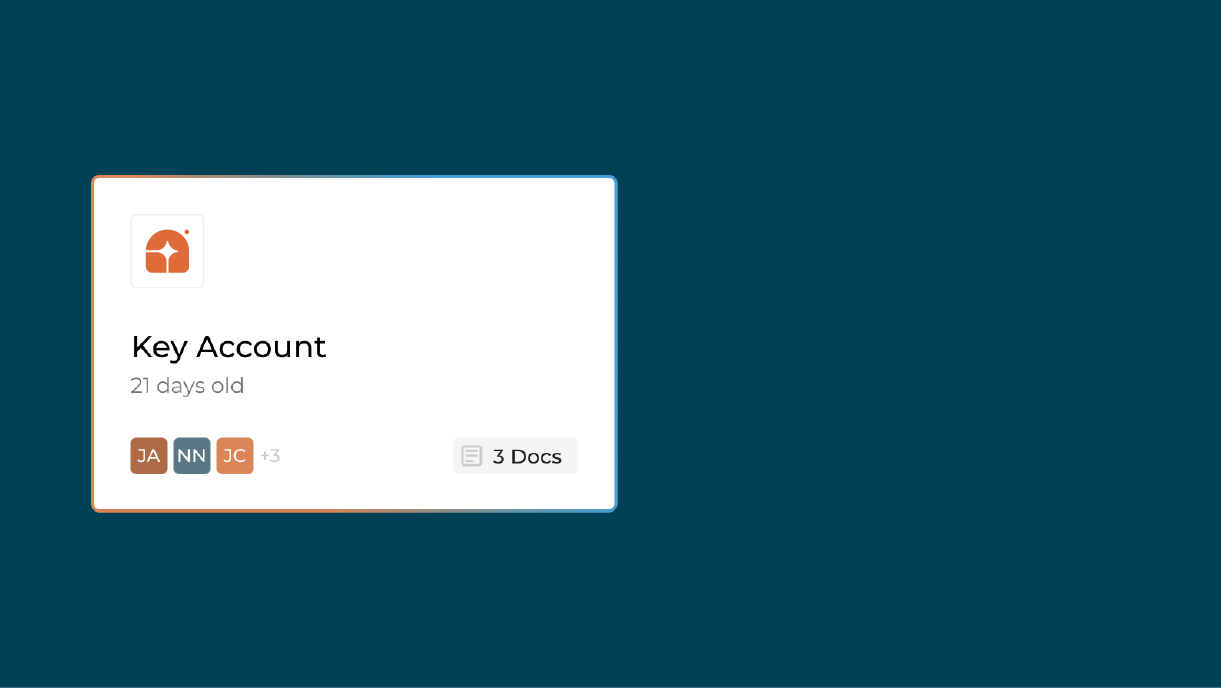The Uncommon Practice of Testing Sales Champions


TL;DR
"No champion, no deal," is a mantra that elite sellers live by.
That's because in a complex, enterprise-level sale, there can easily be a dozen different stakeholders, each with their own set of competing priorities and busy schedules. All of which adds up to a lot of inertia working against a new deal.
A champion — someone with both power and influence inside the buying circle — can help you create momentum when you’re hitting inertia. But how do you know if your contact is a true champion?
The Make-or-Break in High-Value Deals
This past week, I sat down with Ayan Dutta to get his take on developing deal champions. Ayan is a curious, former startup co-founder leading enterprise sales at MongoDB. We got to talking about this idea and his list of uncommon sales practices.
At the top of his list is “Testing Champions.” Ayan pointed out that building champions is one step. Even more important is testing them to determine how committed they are.
A true champion can move mountains. But take a minute, and look at the accounts in your pipeline. Find every deal you believe you have a champion for. On a scale of 1 - 10, how confident are you that each champion is actively helping close that deal?
Here’s how Ayan says you can make sure you’re at a 10/10.
5 Ways to Determine if You’ve Built a Committed Champion
As Ayan shared more about his work at MongoDB, we talked through a shortlist of ways to test champions. The fun thing about each test is, when done well, it adds to the relationship. It creates a new commitment in a sort of self-reinforcing build/test loop.
1. Develop more intimate communication channels.
We email with people we’ve never met. We Slack our team. We text family and friends. Each medium is increasingly more personal and private. If you’re texting/slacking with a prospect, you’ve expanded out of professional trust and into personal trust. Make sure you’re moving into more personal communications with care.
2. Have champions present during key meetings.
Final decision makers are more likely to trust their team, who they’ve worked with, over an AE they just met. If you’ve converted a key player on their team into your champion, ask them to present your business case, in their words, during closing conversations.
Champions often feel the pain you’re solving the most, so they should articulate your value the best. Ayan and I both agreed — we’ve never seen more passionate moments than when a champion is selling to the C-Suite.
3. Ask champions to layout their buying process.
Prospects want to buy how their organizations buys, not how you sell. If a champion has led the buying process in the past, they should be able to detail everything from decision criteria, key players to persuade, and steps unique to their approvals process.
A committed champion won’t hesitate to layout the treasure map for you. Someone who’s on the fence will hold that information close to the vest.
4. Assign action items, like calling customer references, to your champion.
We’re all busy. But we always make time for what’s most important to us. Assign your champion an action item that will help you discern where on their priority list you fall.
The best kind of test is one that adds value to your counterpart, and one that gives you a clear, black-or-white measure of whether or not they followed through. Examples can include calling a customer reference, sharing data for your business case, or crafting a problem statement for an internal memo.
5. Flip your roles in the conversation.
Your champion will, no doubt, be involved in conversations about you without you.
So flip the script and ask them to share how they’ll communicate your value during an internal meeting. Ask them to share their true, unfiltered opinions. If your champion is willing to listen to some coaching, going deep into the ins-and-outs of your product to be ready for questions or objections, you know you’ve built a solid champion.
FAQ's on:
Why stop now?
You’re on a roll. Keep reading related write-up’s:
Draft with one click, go from DIY, to done-with-you AI
Get an executive-ready business case in seconds, built with your buyer's words and our AI.

Meet the sellers simplifying complex deals
Loved by top performers from 500+ companies with over $250M in closed-won revenue, across 19,900 deals managed with Fluint

Now getting more call transcripts into the tool so I can do more of that 1-click goodness.



The buying team literally skipped entire steps in the decision process after seeing our champion lay out the value for them.


Which is what Fluint lets me do: enable my champions, by making it easy for them to sell what matters to them and impacts their role.








